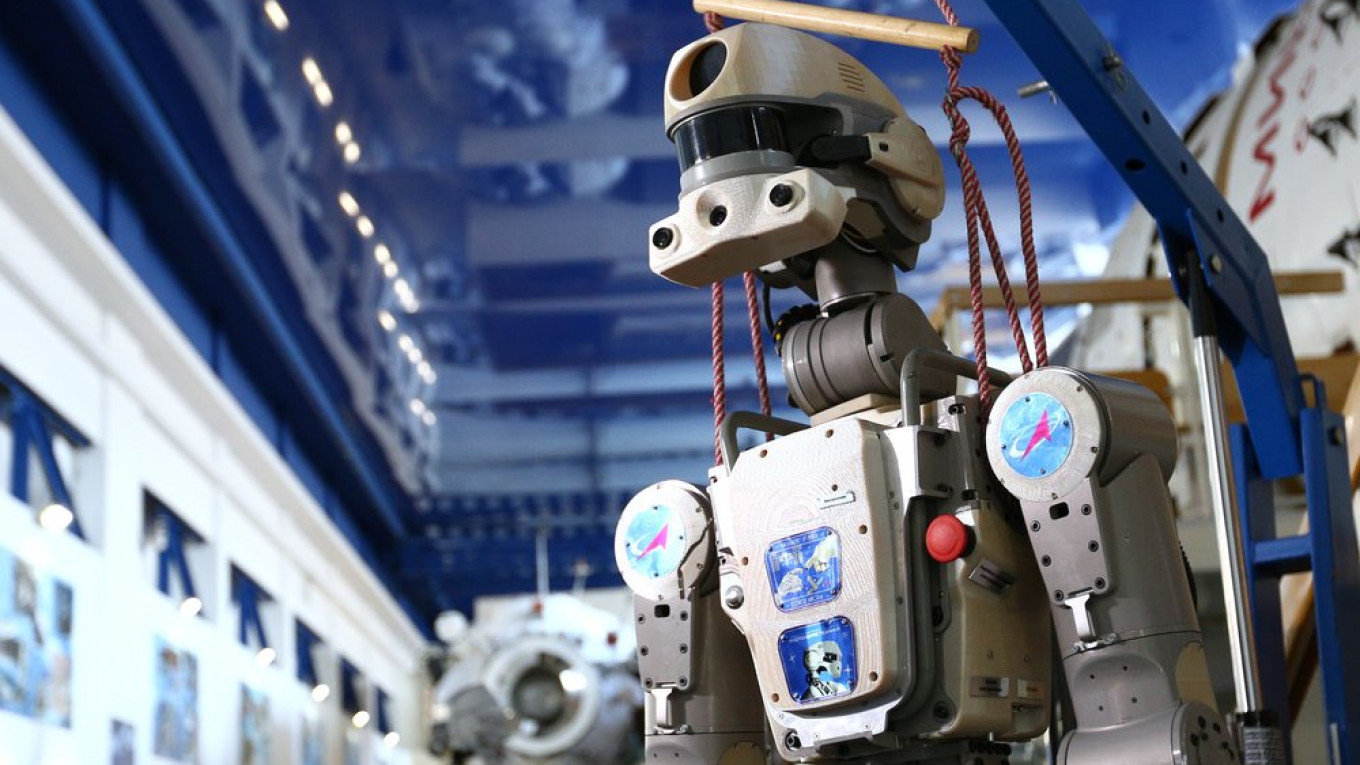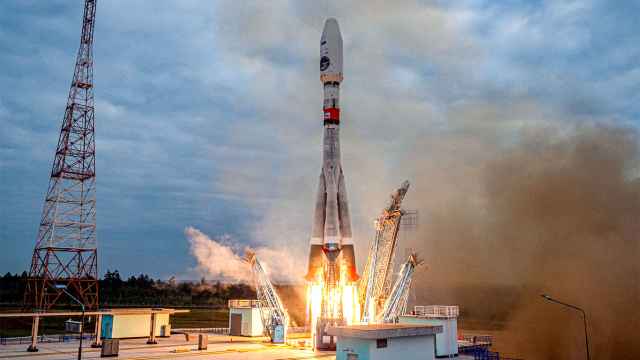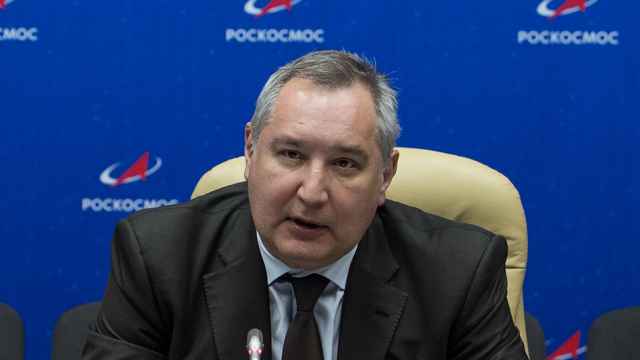Russia’s humanoid space robot nicknamed FEDOR has been taken off Twitter after it insulted retired cosmonauts who criticized Russia’s space program for falling behind that of the United States.
FEDOR’s social media presence came to an abrupt halt this weekend following a barrage of tweets criticizing former cosmonauts Maxim Surayev and Alexander Samokutyayev, both currently lawmakers, of unprofessionalism and “drunkenness.”
“Robots, unlike Suraev and Samokutyaev, are not susceptible to weaknesses, do not violate the dry law at the orbital station, do not speak nonsense,” FEDOR wrote in one of its final tweets archived by users. “[Robots] complete the flight task completely and without comment.”
“My opinion of people is low,” the robonaut added.
Surayev had openly criticized Russia’s space program, which has been headed by former deputy prime minister Dmitry Rogozin since mid-2018 to repair its image as a notoriously corrupt industry.
Surayev's tweets included memes drawing unfavorable comparisons between the cramped interior of Russia’s Soyuz carrier rocket and the comfortable seats at SpaceX’s Crew Dragon spacecraft. Other tweets appeared to mock Rogozin for scoffing at SpaceX CEO Elon Musk’s achievements.
The tech news website Ars Technica picked up on users’ speculation that Russia’s space chief Rogozin may have hijacked FEDOR’s account to swipe back at the cosmonauts. Rogozin’s personal Twitter account was taken over by Russia’s space agency Roscosmos this summer.
“These tweets are consistent with the manner in which Rogozin used the social networking site,” Ars Technica wrote.
Rogozin has denied links to FEDOR and speculated that the humanoid robot may be tweeting on its own.
It was unclear whether Twitter banned FEDOR or the robonaut’s operators deactivated its account.
FEDOR (Final Experimental Demonstration Object Research), or Skybot F-850, was the first humanoid robot that Russia sent to space. The 6-foot-tall robonaut carefully mimics human movements, uses power tools, steers vehicles and stands up after falling.
FEDOR’s developers retired it in the fall of 2019 after its return from a 12-day voyage to the International Space Station (ISS).
A Message from The Moscow Times:
Dear readers,
We are facing unprecedented challenges. Russia's Prosecutor General's Office has designated The Moscow Times as an "undesirable" organization, criminalizing our work and putting our staff at risk of prosecution. This follows our earlier unjust labeling as a "foreign agent."
These actions are direct attempts to silence independent journalism in Russia. The authorities claim our work "discredits the decisions of the Russian leadership." We see things differently: we strive to provide accurate, unbiased reporting on Russia.
We, the journalists of The Moscow Times, refuse to be silenced. But to continue our work, we need your help.
Your support, no matter how small, makes a world of difference. If you can, please support us monthly starting from just $2. It's quick to set up, and every contribution makes a significant impact.
By supporting The Moscow Times, you're defending open, independent journalism in the face of repression. Thank you for standing with us.
Remind me later.






